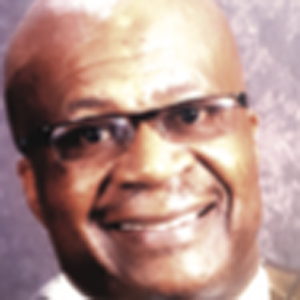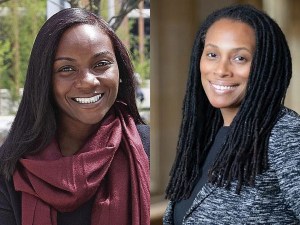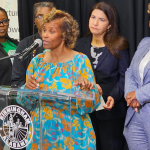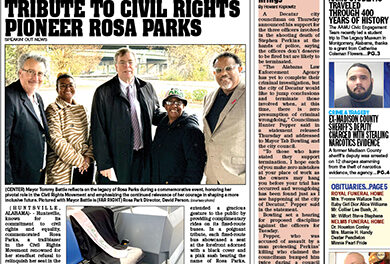Background Scripture: Daniel 3:1-30
Lesson Context: Nebuchadnezzar, the king of Babylon, (reigned 605-562 BC), had erected a large image of gold at “the plain of Dura” (Daniel 3:1). Royal subjects, advisors, and kingdom officials arrived for the image’s dedication ceremony and to worship it (3:2-5). Refusing to worship the image would result in inevitable death in a “burning fiery furnace” (3:6). But Shadrach, Meshach, and Abednego-men of the king had placed in a leadership position refused.
Royal Anger (Daniel 3:19-23):
19. “Then was Nebuchadnezzar full of fury, and the form of his visage was changed against Shadrach, Meshach, and Abednego: therefore he spake, and commanded that they should heat the furnace one seven times more than it was wont to be heated.” Whatever goodwill Shadrach, Meshach, and Abednego had experienced from the king was lost. The king had once demonstrated some sense of worship of the God of Israel. However, when the worship of the true God prevented Nebuchadnezzar from receiving worship, the king resorted to anger.
20. “And he commanded the most mighty men that were in his army to bind Shadrach, Meshach, and Abednego, and to cast them into the burning fiery furnace.” These soldiers would have been the best of the best in the king’s military. They were likely an elite fighting force valued for their physical strength and power.
21. “Then these men were bound in their coats, their hosen, and their hats, and their other garments, and were cast into the midst of the burning fiery furnace.”
Their clothes were likely more in the style of Persia rather than that of Israel.
B. Urgent Command (vv. 22-23):
22. “Therefore because the king’s commandment was urgent, and the furnace exceeding hot, the flame of the fire slew those men that took up Shadrach, Meshach, and Abednego.” The king’s commandment affected the three Jewish men and led to the death of the “most mighty men.”
23. “And these three men, Shadrach, Meshach, and Abednego, fell down bound into the midst of the burning fiery furnace.” They had refused to follow the directive to “fall down” and worship Nebuchadnezzar’s image of gold.
ll. Divine Presence (Daniel 3:24-28):
A. The King’s Astonishment (vv. 24-25).
24. “Then Nebuchadnezzar the king was astonished, and rose up in haste, and spake, and said unto the counselors, Did not we cast three men bound into the midst of the fire? They answered and said unto the king, True, O king.” Nebuchadnezzar’s consultation with the counselors simply confirmed what the king already knew regarding the three men bound.
25. “He answered and said, Lo, I see four men loose, walking around in the midst of the fire, and they have no hurt; and the fourth is like the Son of God.”
B. The King’s Directive (vv. 26-27).
26. “Then Nebuchadnezzar came near to the mouth of the burning fiery furnace, and spake, and said, Shadrach, Meshach, and Abednego, ye servants of the most high God, come forth, and come hither. Then Shadrach, Meshach, and Abednego came forth of the midst of the fire.” Nebuchadnezzar’s announcement of this title indicates some level of acknowledgement of the superiority of the God of Israel.
References: International Sunday School Lessons KJV 2023-2024











